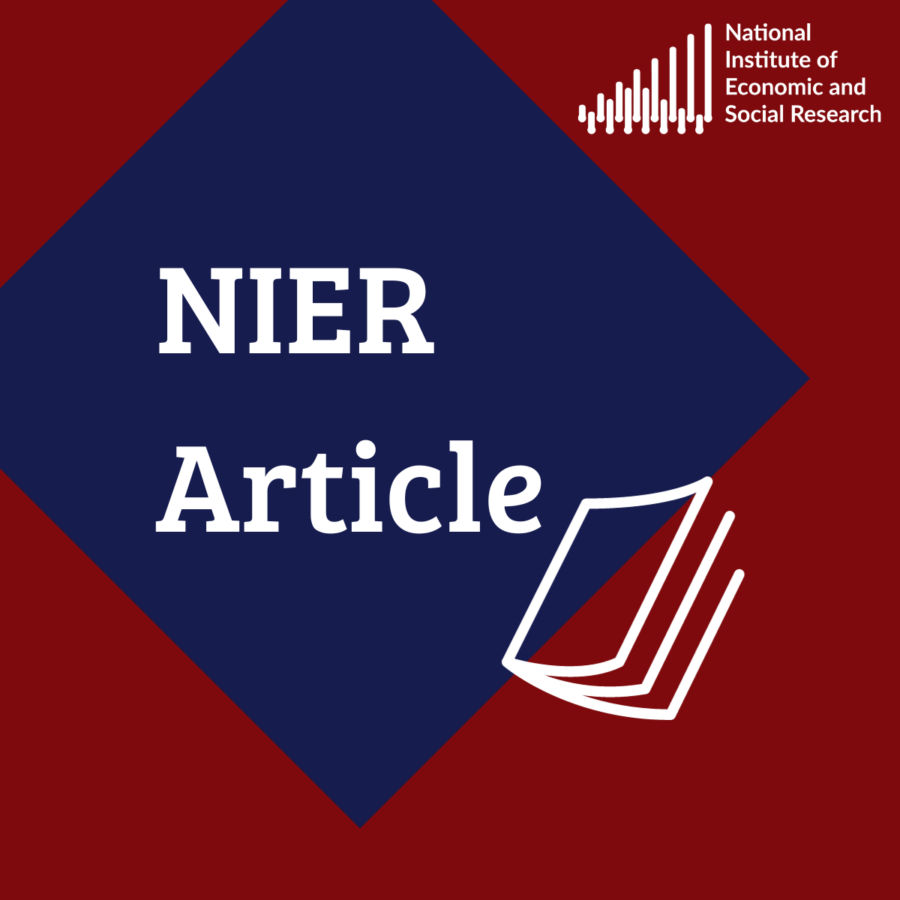- Home
- Publications
- Fiscal Discipline: Rules Rather Than Institutions
Fiscal discipline: rules rather than institutions
 Pub. Date
Pub. Date
 Pub. Type
Pub. Type

External Authors

Charles Wyplosz
Related Themes
Macro-Economic Dynamics and PolicyJournal
, No. 217
External Resources
The lack of fiscal discipline is a natural and pervasive implication of the perceived separation between the benefits from public spending and the taxes that individuals and interest groups receive and pay, respectively. The implication is that budget preparation, decision and execution must be constrained. The challenge is that the policymakers who need to be constrained are those who must decide the constraints. Two broad classes of solutions are possible: institutions that shape the budgetary process and quantitative rules that set limits. The mounting experience with both institutions and rules is disappointing, for reasons that are often complementary. Examining the reasons for this state of affairs, this article argues that institutions and rules ought to be combined and associated with advisory fiscal councils.
Related Blog Posts



Public Debt Sustainability and Fiscal Rules
Stephen Millard
Benjamin Caswell
05 Feb 2024
4 min read

Related Projects
Related News

Call for Papers: Lessons From Quantitative Easing & Quantitative Tightening
09 Feb 2024
1 min read



Related Publications

Adam Smith and the Bankers: Retrospect and Prospect
04 Jan 2024
National Institute Economic Review

On the Promises and Perils of Smithian Growth: From the Pin Factory to AI
04 Jan 2024
National Institute Economic Review

Economic Progress and Adam Smith’s Dilemma
04 Jan 2024
National Institute Economic Review

Adam Smith’s ‘Wealth of Nations’ is Still Relevant to UK Trade Policymaking on International Trade
04 Jan 2024
National Institute Economic Review
Related events

Assessing Cycles and Structural Changes in Markets

Business Conditions Forum

2022 Dow Lecture: The Economy and Policy Trade-Off





